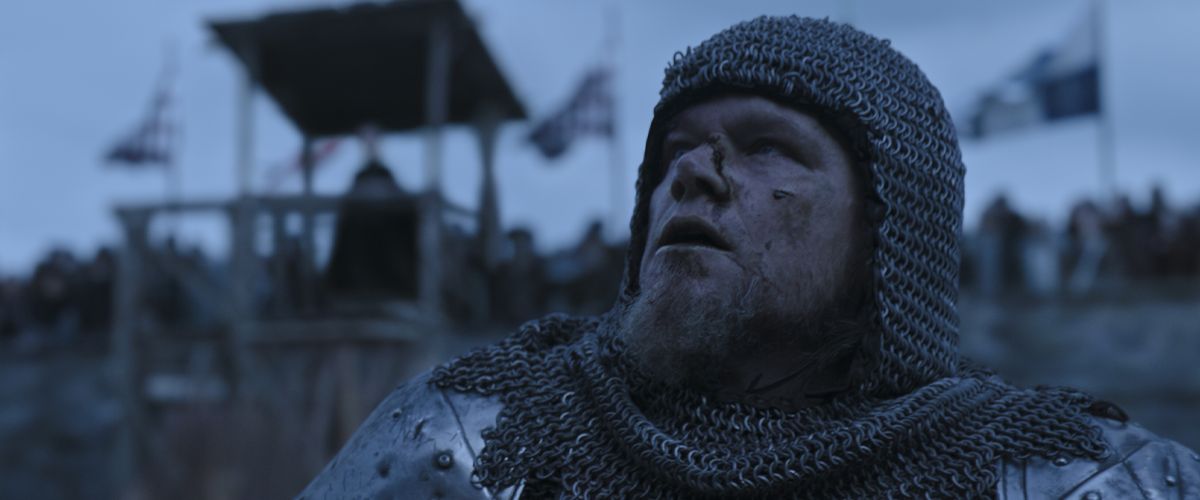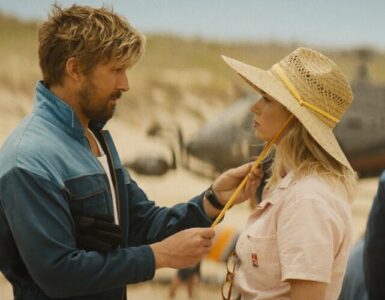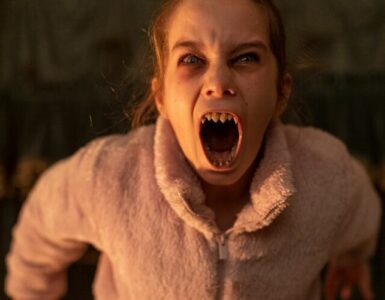After all the superhero movies, spy capers and sci-fi films we’ve seen come and go in recent months, fans of the drama genre finally have a movie that they can add on their watchlist – The Last Duel.
Starring Adam Driver of Star Wars fame, Jodie Comer (Free Guy) and Matt Damon (The Martian), The Last Duel is a historical film based on actual events back in 1386 France, when duels were still allowed, lordships and forts were still a thing and plagues were taking villagers to the grave every other day.
The Last Duel focuses on the three main characters: Knight Jean de Carrouges (Damon), his wife Marguerite de Carrouges (Comer) and Squire Jacques Le Gris (Driver). Told in three parts, the movie retells the story of the rape of Marguerite from the perspective of her husband Jean, her rapist Jacques and lastly, her own account.
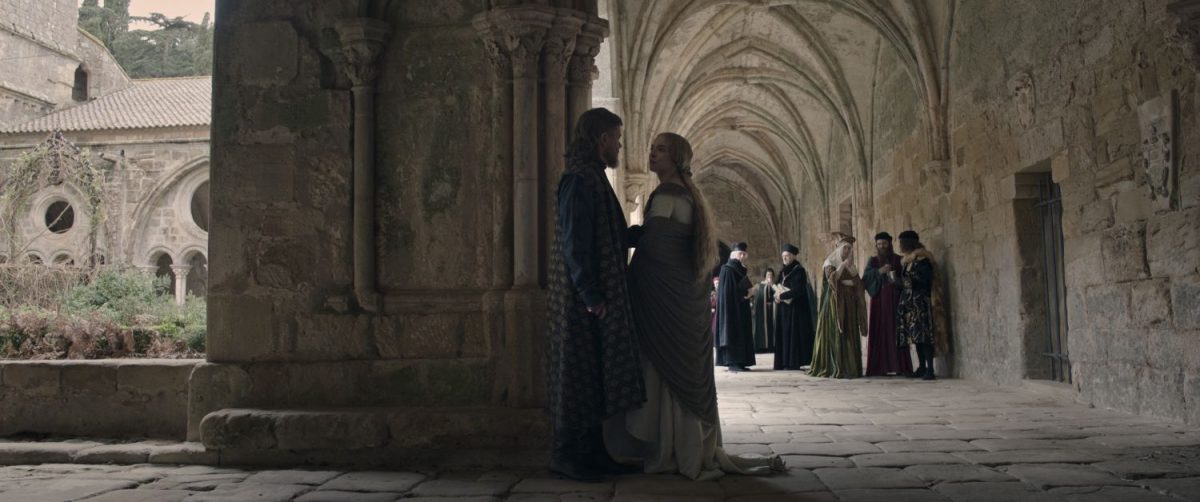
The movie starts out with the men ready for duel before cutting to Jean’s perspective. From his point of view, he’s a brave leader who once saved Jacques’ life in battle. The two were best friends for some time but had a fallout when one of Jean’s failed battles caused the Lord they served, Count Pierre d’Alençon (Ben Affleck), to lose important land.
Jean fell from Pierre’s favour and Jacques quickly became Pierre’s close confidant. In Jean’s perspective, Jacques was ungrateful, disloyal and was always out to get him. A big part of Jean’s perspective focuses on his victimisation and later on, his romance with his wife Marguerite and how he was a man of honour and a loving husband. When he learnt of his wife’s rape, he swiftly went to court and appealed the King for a duel, so as to receive justice for Marguerite.
Jacques, on the other hand, sees Jean as someone who is foolish and callous. His perspective depicts Jean as an oaf who is power and respect hungry. As blessings after blessings fall onto Jacques’ shoulders thanks to his close friendship with Pierre, Jacques sees Jean as a jealous man and an unsupportive friend. Jacques claims no part in Jean’s fall from grace, as he wholeheartedly believes that Jean’s dwindling popularity was due to the man’s insufferable personality.
When it came to Marguerite, however, Jacques believed that the two had a romantic connection – one far stronger than the marriage Marguerite was settling for. To Jacques, the pair were in love and that Marguerite had been a willing party in what he considered to be consensual sex. When news of the rape got around Paris, Jacques felt cheated and stood by his word that he never committed the act. He later gathered his powerful friends and members of the church to stand by him and willingly accepted the duel against Jean as proof that he’s innocent.
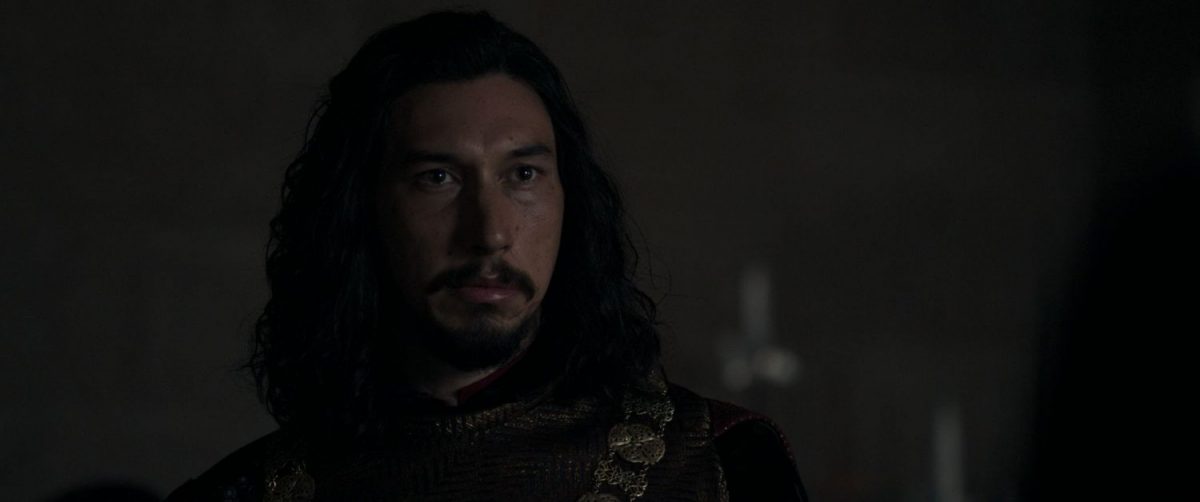
The most important perspective of all comes towards the end – Marguerite’s perspective. In her experience, Jean was not the loving husband he had claimed to be. He was cold, distant and controlling. As for her interactions with Jacques, Marguerite thought he was handsome, but kept her distance. Despite her failed attempts to get Jean to love her in the way she deserves, Marguerite remained a loyal and obedient wife to her husband. Whenever Jean was away, she would exercise her independence and spend most of her time befriending her servants or shopping around town. Marguerite was also bullied often by Jean’s mother and spent most of her marriage towing the line set by her mother in law and her husband.
Whilst her recollection of the rape was similar to Jacques’ – in terms of how Jacques came knocking and how he chased her before physically forcing himself onto her – it was definitely not a pleasant experience and it was not consensual. When she told Jean of the rape, he was anything but understanding. Instead of seeing Marguerite’s pain, Jean took the rape as one of Jacques’ personal attack towards him. Marguerite had to force her way towards getting some sort of justice, even if it meant knocking on death’s door.
To put it simply, The Last Duel centres around the rape and how each character come to terms with it. That said, it’s not an easy watch given how heavy the topic can be for certain viewers. Although the movie doesn’t attempt to sway the audience with the various perspectives – because rape is rape no matter how Jacques tries to spin it – it could be triggering for viewers, especially since it was told not once, not twice, but thrice in one seating.
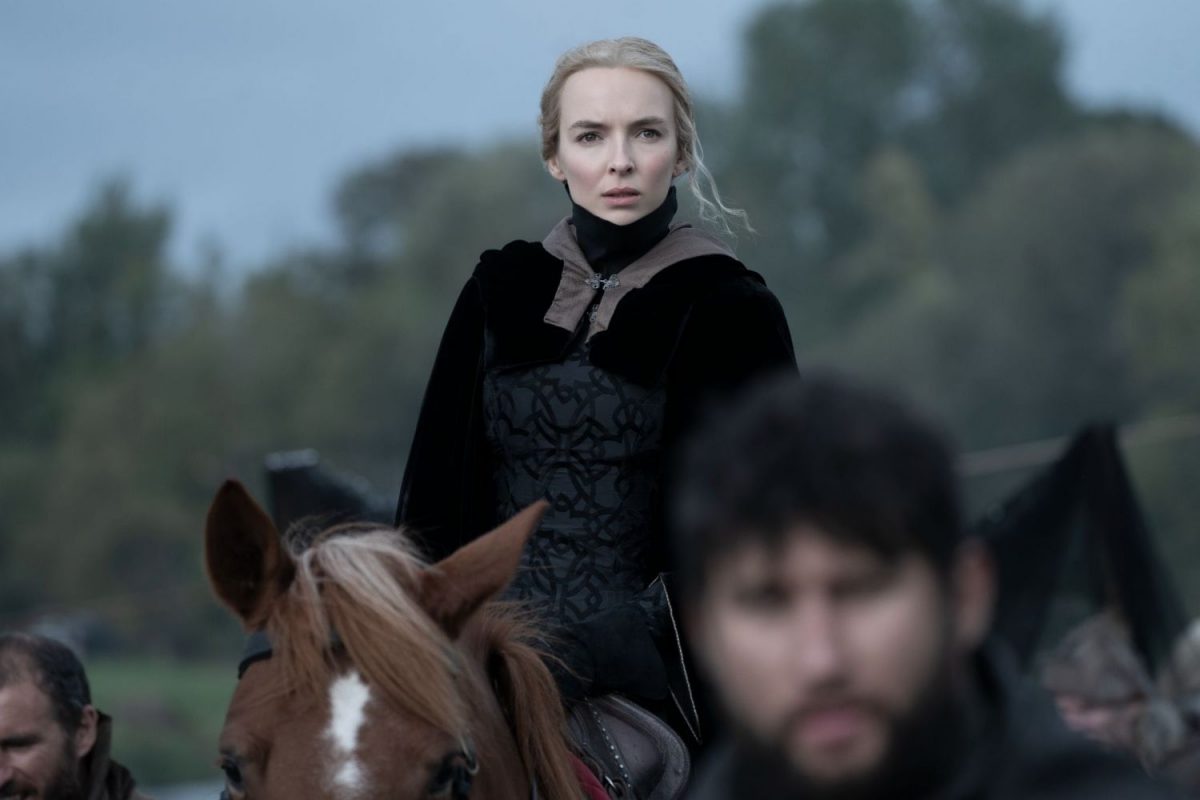
Aside from the fact that it’s potentially triggering, it does very little to keep the audience engaged in the story. Dramatically, it’s not the kind of movie that will have you at the edge of your seats or have you gasping and clutching your pearls. We get Jean’s version of the events, then Jacques’ – which teases a possible extra marital affair going on – and then we get Marguerite’s version, which is more or less similar to Jean’s with regards to the assault. By then, you already know where the movie is going and you’re left with about 30 minutes of leftover action when the duel actually happens.
The duel itself is gory. Actors Driver and Damon are seen riding around on horses, attempting to kill each other in the most barbaric ways whilst the beautiful Comer stands and watches over in fear. It’s undoubtedly the most exciting and satisfying scene out of the entire movie, but it’s not exactly worth waiting around 2 hours for.
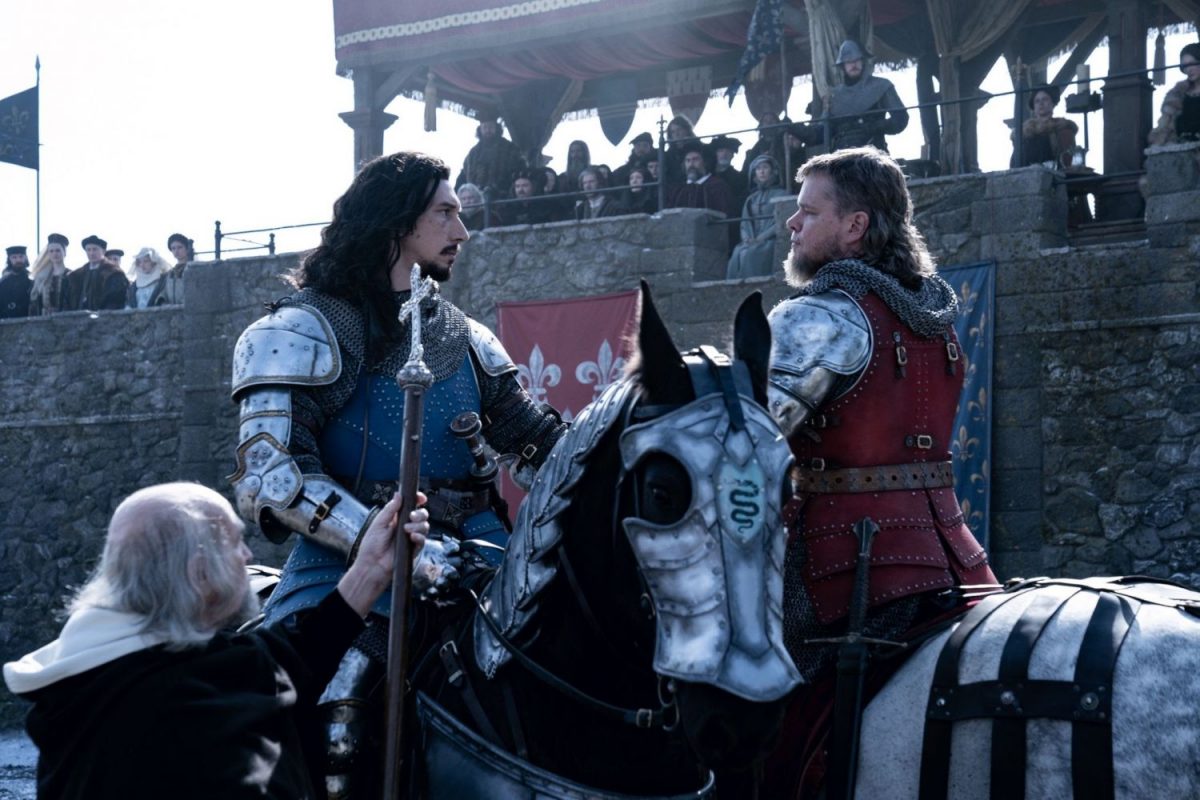
The movie’s title is based on the fact that this incident marked the last officially recognised judicial duel in France, and the fragmented storytelling also reflects reality of never knowing the truth, as historians have studied and debated the contents of this case, especially as to the events that transpired.
Whilst beautifully shot by director Ridley Scott, one can’t help but think of many other ways the story can be told justly without having to force the viewer to rewatch the same chain of events three times for the entire 152 minutes. The movie could have just zoomed in on the assault and then move on to tell how each character deals with the repercussions simultaneously instead of splitting it up into three different chapters. As mentioned, it’s not like each chapter deviated very much from each other for the most parts. If anything, we just learn how they each perceive each other’s personalities but it does very little to change the fact that the assault took place, and the result of it (aka, the duel).
Aside from having to sit through and watch repeated events, The Last Duel is very talky. Yes, dramas are expected to be talky, but again, their interactions with one another adds very little to how the story progresses. In fact, it’s just a testament to actors Damon, Comer, Driver and Affleck’s ability to look and sound believable whilst talking in old-timey manners.
It’s interesting to see Comer, fresh off Free Guy, jump onto another concept-based movie and pull off the character just as well. Driver and Damon both play characters that you can’t dislike, nor like very much, so if you’re unable to root for one character to win and find yourself frustrated with not having a “hero” or main protagonist to support (aside from Comer’s Marguerite), don’t be. It’s likely the movie’s point.
Surprisingly, this leaves Affleck’s Pierre, although sleazy and not really the best in morals, the only sort of likeable character in the movie. And it’s not because he’s someone one might relate to, but because he’s the only one who has a strong sense of self and personality that stays consistent across all three perspectives.
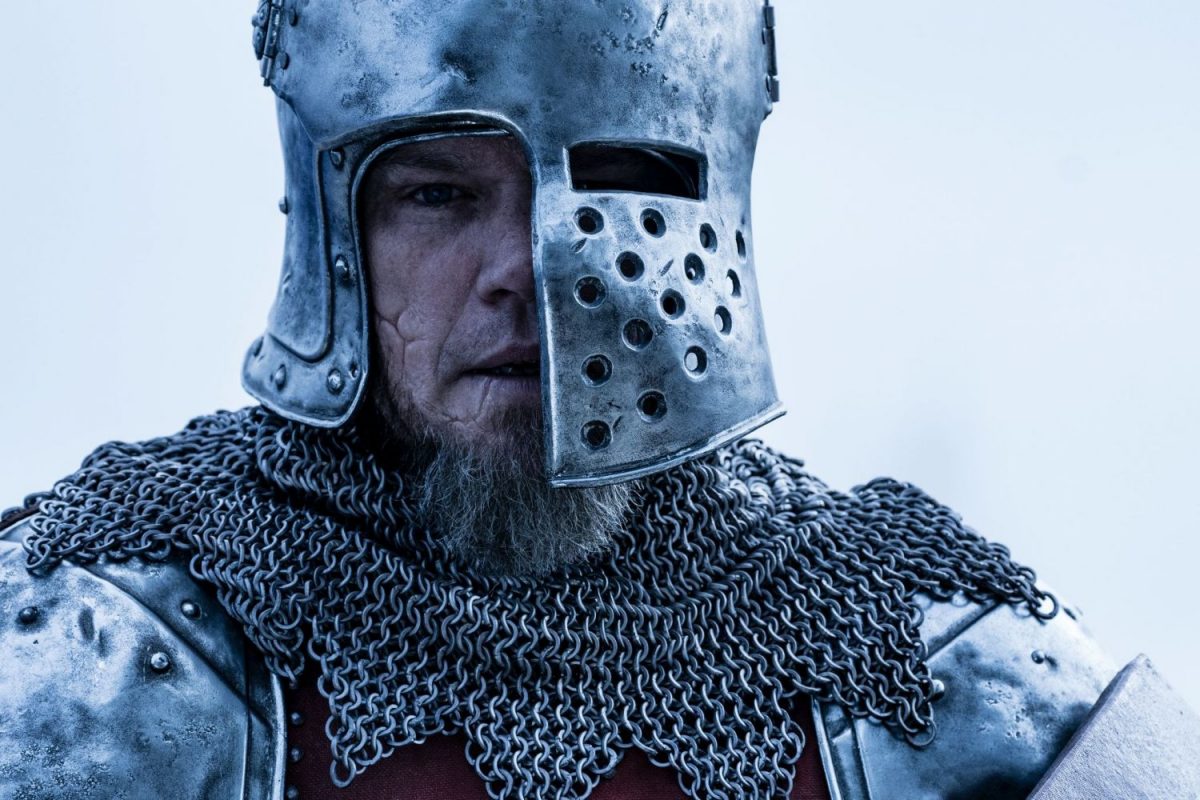
In all, The Last Duel is a convoluted way to dabble into the history of the duel and the real-life event that it is inspired by. Despite Comer’s, Driver’s, Affleck’s and Damon’s strong performances, the movie’s choice to tell the same story in three almost similar chapters is off-putting. With the rape and violence explicitly displayed on screen a number of times, viewers interested to catch The Last Duel should be prepared to feel discomfort in their seats. It’s still a great medieval film, grandly shot by Ridley Scott, but sitting through repeated events for 2 and a half hours is something one should consider spending time on, or not.
GEEK REVIEW SCORE
Summary
Jodie Comer, Adam Driver and Matt Damon put on a great performance in Ridley Scott’s medieval drama The Last Duel. Based on real-life events, the 2 and a half hour movie is slow, talky, gory and beautifully shot all the same.
Overall
6.3/10-
Story - 6/10
6/10
-
Direction - 6/10
6/10
-
Characterisation - 7/10
7/10
-
Geek Satisfaction - 6/10
6/10

